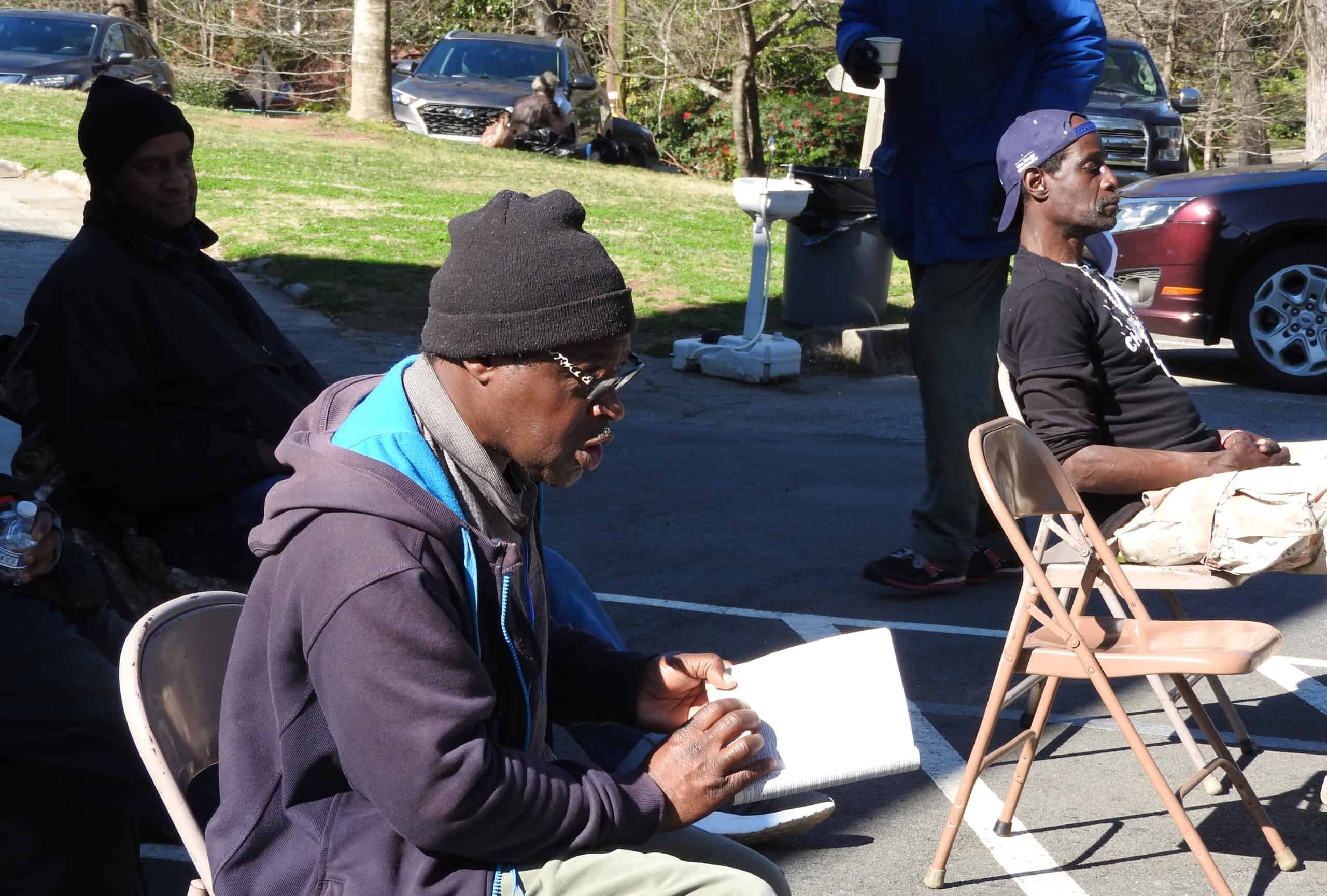Author Kent Smith
Numbers 21:4-9
Reflection: v. 5, ‘the people spoke against God and Moses’

It’s easy to complain when you can put the blame on others. A cursory glance on Yelp will show most restaurants get more negative reviews than positive ones. Even the Israelites complained about their food. Chased far from the land they were born in, threatened with death, lost in a hostile wilderness, the Israelites certainly did not seem to be in a position of strength, let alone comfort. The Israelites fell prone to a common temptation. They complained to Moses and God, ‘We have no food, we have no water.’ The temptation is strong to see these complaints as justified.
This community knows the suffering of going without something to eat and are sympathetic to that plight. Yet did the Israelites’ laments align with reality? In the same breath they said, ‘We have no food, the manna you provided for us is miserable.’ Something doesn’t add up in this case. They cried out for not having food, but yet they also complained about the taste of the food they didn’t have? We know from Exodus, that they received manna, which is described as made with honey, and quail was given to them in addition to the manna!
This time, their problem wasn’t insufficiency, as no one was described as dying of thirst or hunger during their sojourn in the desert, it was ingratitude. For this, their ingratitude was rewarded with a den of poisonous snakes. Perhaps it would have been just to leave them to their fate, but God delivered a way for them out of this, as well—by gazing on a bronze serpent, the Israelites would be cured of the venomous bites of the snakes. The source of their suffering became their salvation from suffering. Jesus himself references this story in John 3:14-16. As humans brought suffering on themselves, so the Son of Man must be witnessed to relieve that suffering.
Prayer My invitation is that we would reject ingratitude in the face of abundance, and see where God provides when we are in need.
